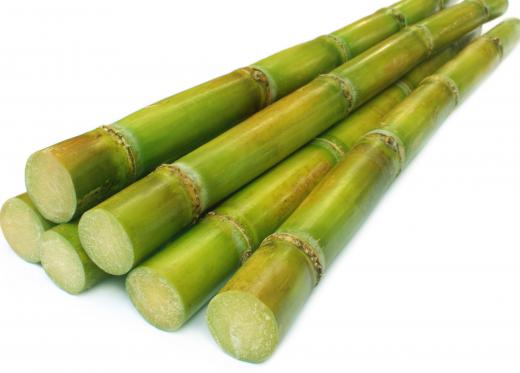The advantages to sugarcane ethanol are very apparent, especially when compared to corn-based ethanol. Sugarcane is able, pound for pound, to produce much more energy than corn in part because it is easier to produce sugarcane ethanol. Corn requires additional enzymes, adding more steps, and cost, to the process. Sugarcane offers other benefits as well.
While corn is often grown over varying conditions, making it hard to determine how much will be available from year to year, especially for individual corn-based ethanol plants, sugarcane ethanol is much more predictable. The sugar crop, in the part of the world where it is converted to ethanol, remains relatively stable year after year in contrast to crops grown in the corn belt of the United States. While the Midwest region of the U.S. does offer some of the most fertile soil in the world, many other things can affect the corn crop. Pests, droughts, floods, even high winds, can all wreak havoc on corn. While the same could also be said of sugarcane, it seems to weather the storm a little better.

Another advantage to sugarcane ethanol is its harvesting cycle. Corn is planted every year, usually in the spring, then harvested in the fall. There is only one harvest per planting cycle. However, sugarcane offers the advantage of, in some cases, up to seven harvests before replanting is needed. Thus, it can be much more energy and cost efficient to produce ethanol from sugarcane.

These factors can make a big difference for a number of reasons. Sugarcane is able to get to processing plants more consistently and predictably. There is very little reason for a sugarcane ethanol plant to worry that a producer will not be abler to meet his contractual obligations. While this may also be true of corn most of the time, there will be years when it is also not true.

The energy balance, the amount of energy inputted versus the energy output, is also substantially higher for sugarcane ethanol compared to corn ethanol. For every one unit of energy put into corn ethanol production, 1.3 units are created. For every one unit of energy used to produce sugarcane ethanol, eight units are created. This offers yet another competitive advantage for sugar.

It should be noted that, as far as gasoline additives, ethanol products, whether they are from sugar or corn, are very much the same from the way the react in automobile engines. By the time it reaches the car, it has been refined to a point where its origins are irrelevant. The only relevant part is the cost and energy benefit from producing it. Whether it is corn or sugarcane, ethanol provides a cleaner, higher octane gasoline. Like biodiesel, it is also a renewable source of fuel.
